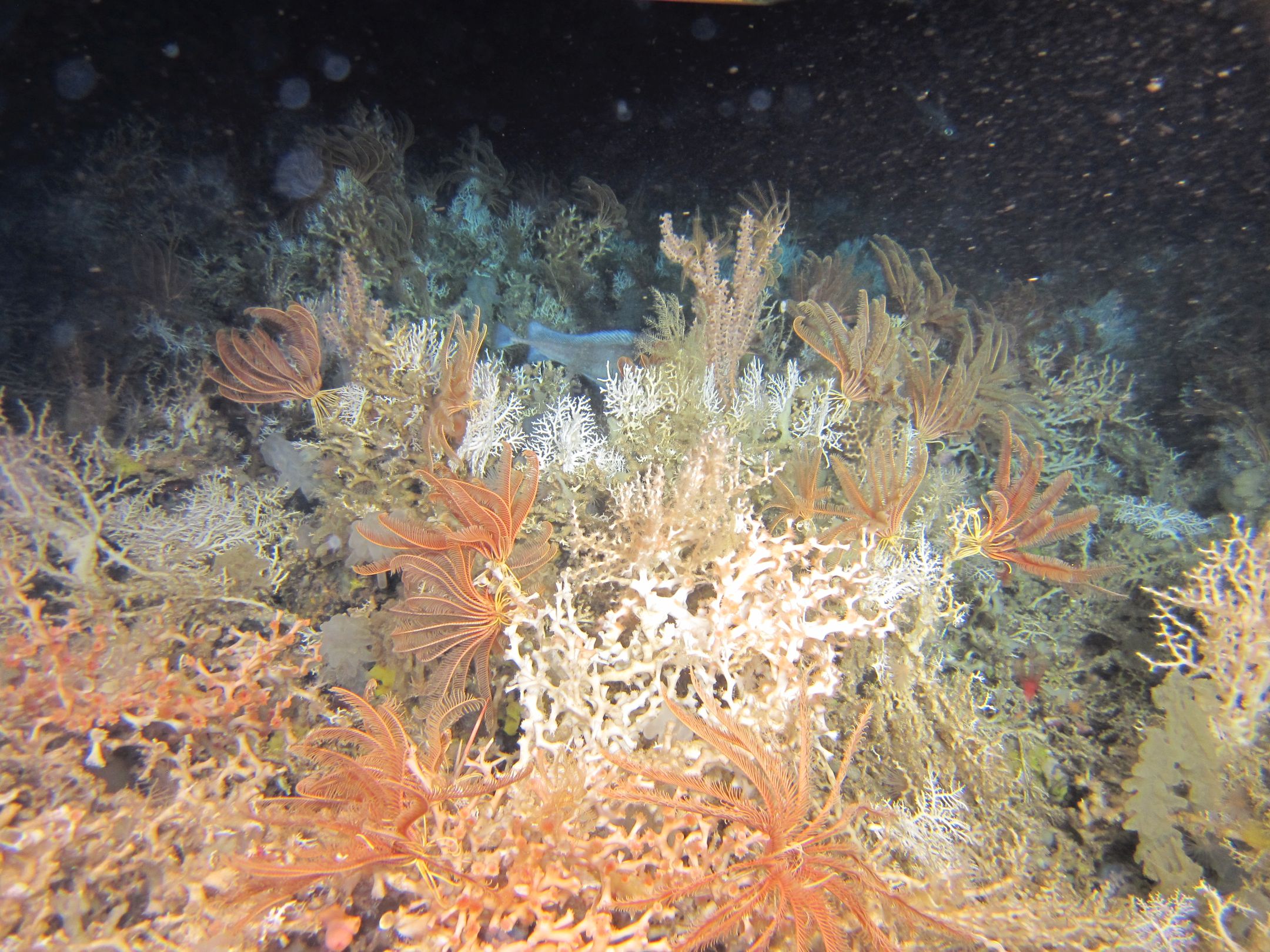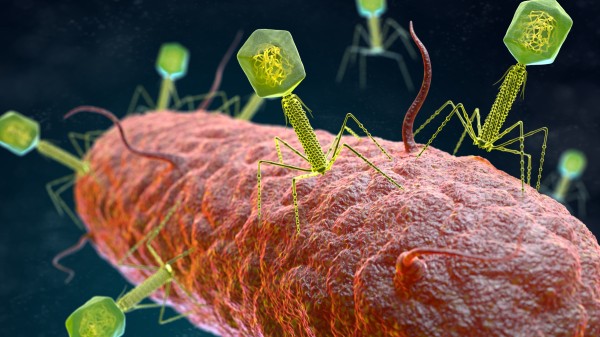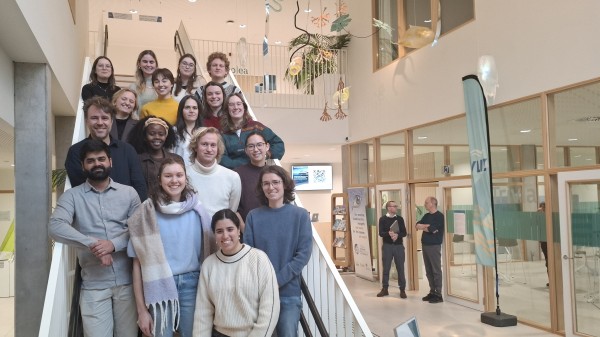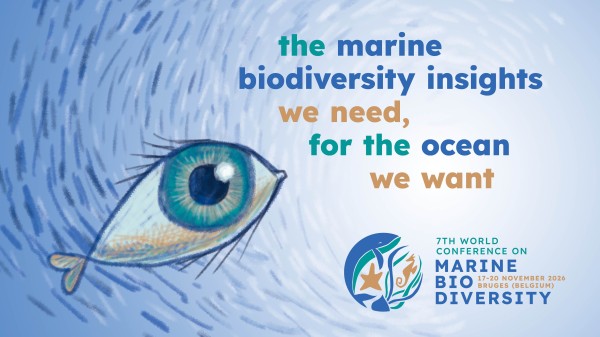
BIODIVERSITY
One of the themes on which VLIZ focuses is (marine) biodiversity, whether or not it interacts with the ocean and climate. VLIZ scientists mainly study biodiversity in the water column and on hard substrates in the Belgian part of the North Sea.
Marine biodiversity includes the wealth of life in seas and the ocean, from marine mammals and fish to algae and microscopic organisms. This diversity of life is crucial for the functioning of marine ecosystems and biogeochemical cycles of carbon, nitrogen and oxygen, among others.
Different species perform diverse roles within an ecosystem, and more species-rich ecosystems generally have higher production, consumption and biogeochemical fluxes and are more resilient to disturbances. Marine systems and their biodiversity provide us with a range of valuable ecosystem services, including food supply, storage of heat and CO2, production of oxygen, as well as recreation and tourism.
Life in our oceans is suffering increasing pressures from human influences, including overexploitation, industry and pollution, eutrophication, habitat destruction, climate warming and introduction of non-indigenous species. This combination of factors is globally leading to a decline in marine biodiversity, resulting in a reduction in the functioning of marine ecosystems and the valuable services they provide. Species richness is therefore an important indicator of ecosystem health. Based on long-term plankton biodiversity series built up within the VLIZ, the overall status and health of the Belgian part of the North Sea can be monitored and evaluated.
Background information
Also read: ‘First long-term genomic biodiversity observatory launched in Europe’
Also read: ‘Artificial reefs help monitor marine ecosystems’
Also read: ‘Ocean-climate nexus: importance of research on ocean role in climate issue’
Also read: ‘MarBEF: WIKI Marine Biodiversity’
- EMO BON vergroot de Europese bijdrage wat betreft genomische observaties, vult de gaten in biologische observatie op en biedt inzicht in de genetische samenstelling van de mariene biodiversiteit.
- MARBEFES bestudeert het verband tussen biodiversiteit en het functioneren van kust- en mariene ecosystemen en de daaruit voortvloeiende ecosysteemdiensten.
- MARCO-BOLO structureert de Europese observatiecapaciteit voor kust- en mariene biodiversiteit en versterkt en koppelt deze aan de wereldwijde inspanningen om de gezondheid van de oceanen te begrijpen en te herstellen.




